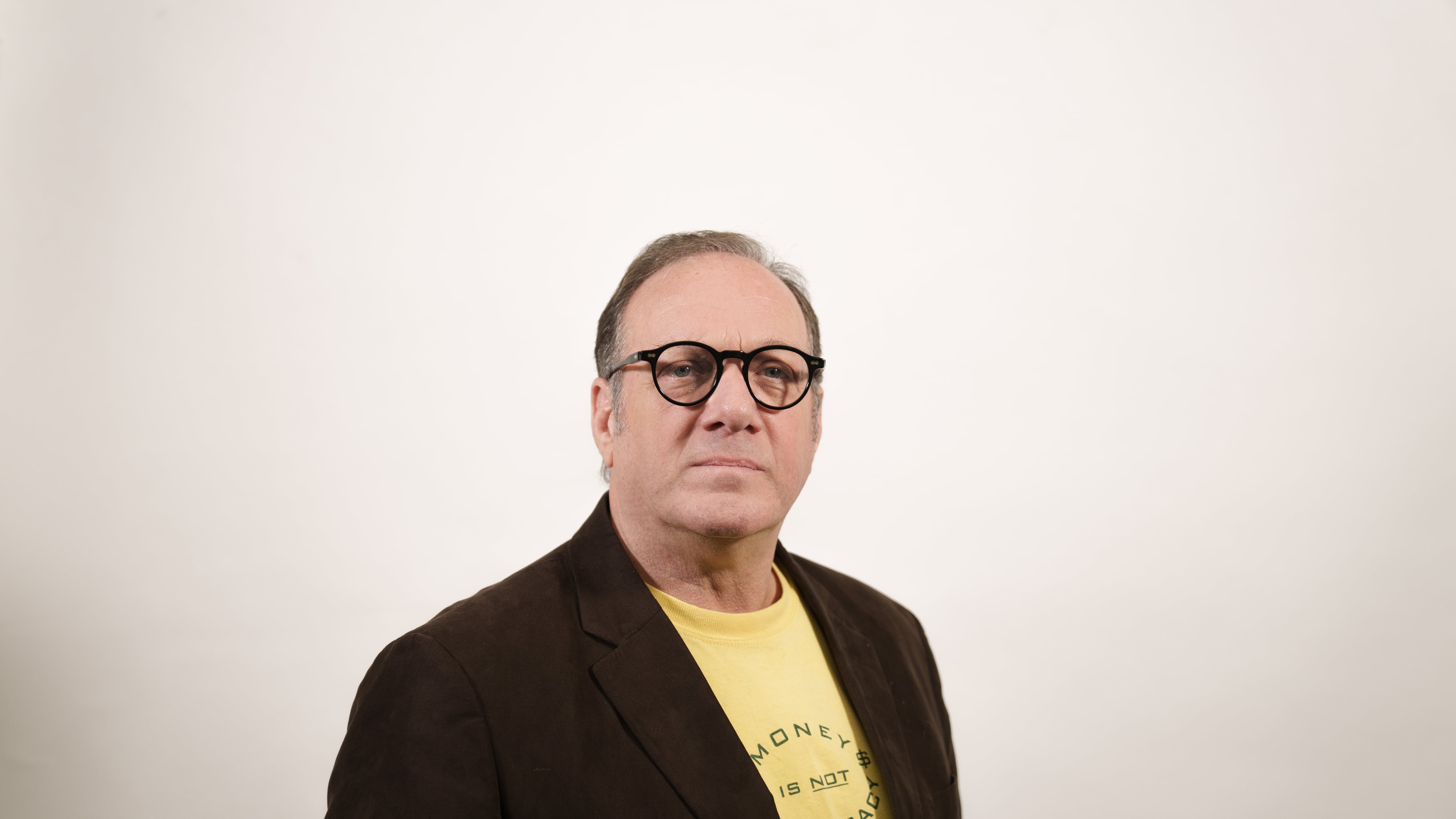Nearly 100 candidates ran for Portland City Council this year. By the end of this week, we should know for certain who the 12 councilors are.
We already know one thing: The high number of candidates seeking city office was expensive. The city’s public campaign financing program, Small Donor Elections, was stretched thin, delivering a total of $3.2 million to 52 candidates. (They qualified for taxpayer dollars by gathering at least 250 small donations.) The purpose of the public money was to help level the playing field by letting candidates without deep-pocketed backers deliver their message with mailers and online ads.
Some of those messages didn’t get through. To calculate who spent the most per vote, we used an extremely simple equation: the amount of money raised through the Small Donor Elections divided by the number of first-place votes received by the candidate. (Keep in mind that about 4,000 ballots out of 347,626 cast remain to be counted.)
Here are the six candidates who had the highest ratio of money raised to votes received.
Moses Ross, District 4: $140 per vote
Money raised: $80,000
First-place votes received: 569
Chris Henry, District 4: $131 per vote
Money raised: $38,709
First-place votes received: 295
Nabil Zaghloul, District 2: $103 per vote
Money raised: $80,000
First-place votes received: 805
Ahlam Osman, District 3: $58 per vote
Money raised: $40,000
First-place votes received: 685
Laura Streib, District 2: $48 per vote
Money raised: $33,081
First-place votes received: 687
Luke Zak, District 3: $47 per vote
Money raised: $25,735
First-place votes received: 543
Correction: WW used a city database to calculate how much each candidate spent per vote. That database tracks how much candidates were approved to receive in matching funds. But the city keeps a second database to show how much it actually distributed to candidates. WW used the first database to calculate the spending, not the second.
We’ve updated the story to reflect how much candidates actually received, and used that number to re-calculate how much they spent per vote. (A city spokesperson, however, says it’s not sure if the second database is entirely up to date. That means the numbers could still change.) Chris Henry initially appeared higher on the list than he should have, and Stan Penkin should not have been listed at all. WW regrets the error.

